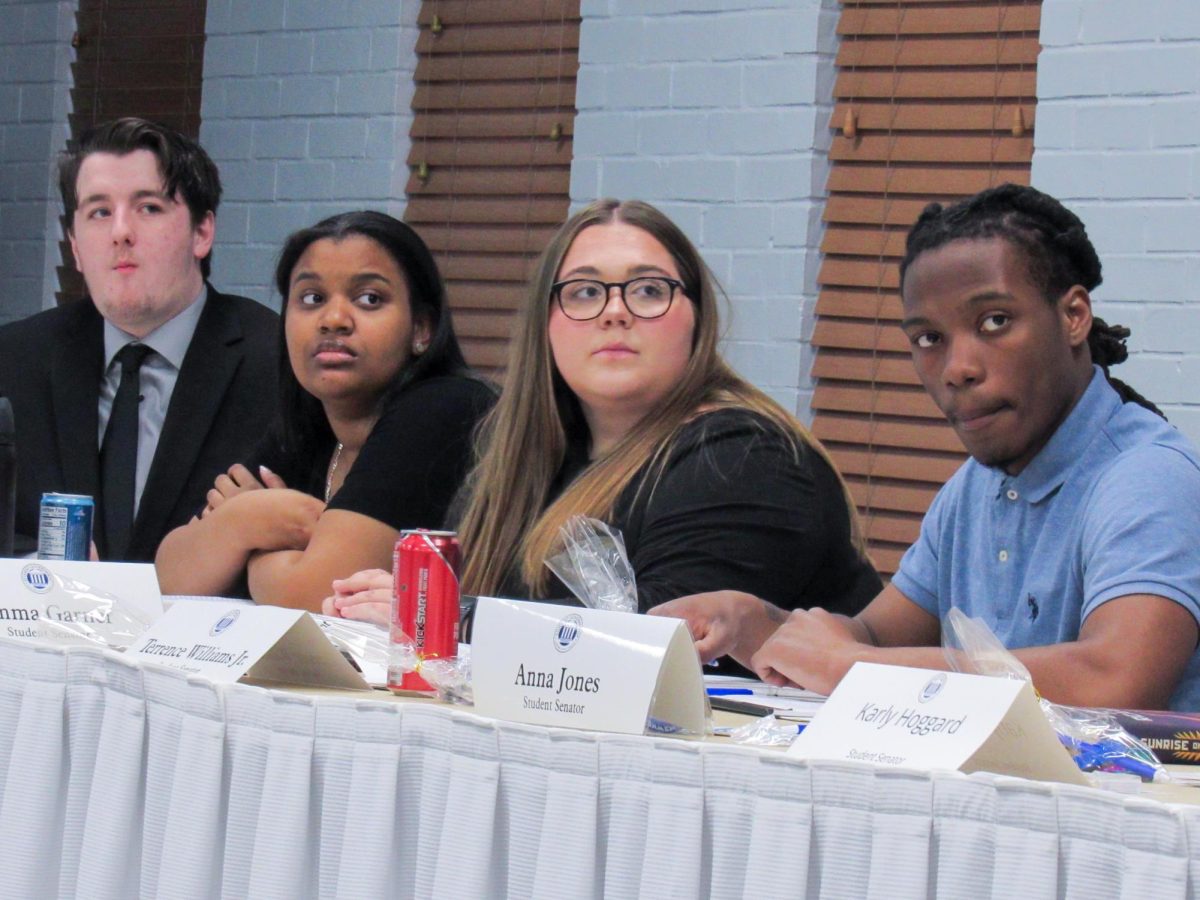Any person can participate in and benefit from spiritual practices without belonging to a specific religion.
The first and perhaps easiest spiritual act a person can perform is service and generosity to others. Being of service to others and putting the needs of others before one’s own is a type of ritual that will help us feel good.
Service to animals can be another ritual worth practicing. It is immensely easy and satisfying to make a dog happy, for example, and going out of your way to treat a dog to affection, play or food is a small gesture of service that can go a long way for our own spiritual well being.
Gratitude is a practice anybody can implement. This does not require a significant time investment, and with a little creativity it is easy to incorporate gratitude into everyday life.
Don’t take my word for it. When asked by NPR why she continues to honor New York City’s first responders by banging pots and pans at the same time every day, years after the pandemic, Charlotte Phillips responded, “They know that we’re still doing it, and they may think we’re, like, a little bit odd. But nevertheless, it’s– if you can find one thing to do every day, that is something. In the bigger scheme of things, it’s important.”
Many spiritually inclined individuals find inspiration and a sense of awe in the natural world. You might consider how many hundreds of millions of years ago the Cambrian explosion marked a period of rapid diversification and evolutionary innovation in the animal kingdom.
By sheer randomness, some may call it a miracle, there is a thread connecting the life of that tumultuous time to the life that is flowing through your veins right now.
We are all inheritors of an ancient legacy on a time scale humans cannot fathom, and science has yet to explain life’s origins. I challenge anyone to ponder the great mysteries without feeling a sense of connectedness to something profound.
Somewhat counter intuitively, taking care of your body aligns with spirituality. Regular exercise, getting to bed early and eating healthy meals will help make us feel better overall. I am a huge proponent of plant-based eating and choosing to eat whole-food vegan meals (like a simple curry or rice and beans) overlaps with compassion towards animals and feeling connected to the life that is all around us.
Finally, fasting and abstaining from indulgences is a great way to deepen spiritual life. While these are traditions of major religions, anyone struggling with food insecurity is encouraged to take advantage of the Eastern food pantry, and one should consult their doctor when considering fasting.
This has the potential to cultivate gratitude by voluntarily sacrificing something most people take for granted. Personally, I have noticed enhanced energy and focus when I go 16-18 hours without eating.
Abstaining from junk food, smoking and alcohol will turbocharge other healthy habits, and ensure we are showing up clearheaded to witness life’s subtle wonders.
Culturally speaking, recreational drug and alcohol use has its place in college life, but there is a place for abstinence as well. I think it is wise to practice moderation to deepen our spiritual lives and ensure we do not become shackled to bad habits formed during the experimental phases of life.
According to Axios, 33% of Gen Z identify as religiously unaffiliated, and this appears to be a continuation of a trend set by millennials, which is the generation that I belong to.
Clearly, I do not think it is a big deal that younger generations are less inclined to practice major religions, nor do I claim to have covered everything there needs to be said on this topic.
Admittedly, presenting oneself as virtuous and overly pious can be off-putting and abstract. Often, spirituality can seem elusive, lacking tangible outcomes and belonging to an outdated orthodoxy.
However, when we experience it in our bodies and put it into practice, we come to realize that anyone can live a rich spiritual life. It begins with self-care, consideration for other living beings and engaging in acts that foster perspective and gratitude.
Dan Hahn can be reached at 581-2812 or at dhahn@eiu.edu.











![[Thumbnail Edition] Junior right-handed Pitcher Lukas Touma catches at the game against Bradley University Tuesday](https://www.dailyeasternnews.com/wp-content/uploads/2025/03/MBSN_14_O-e1743293284377-1200x670.jpg)

![[Thumbnail Edition] Eastern Illinois University baseball senior utility player Tyler Castro fields a ground ball during the team's first intrasquad scrimmage of the season on Jan. 31.](https://www.dailyeasternnews.com/wp-content/uploads/2025/03/BB_01_O-e1742874760130-1-e1742907504722-1200x911.jpg)
![[Thumbnail Edition] Senior Foward Macy McGlone, getsw the ball and gets the point during the first half of the game aginst Western Illinois University,, Eastern Illinois University Lost to Western Illinois University Thursday March 6 20205, 78-75 EIU lost making it the end of their season](https://www.dailyeasternnews.com/wp-content/uploads/2025/03/WBB_OVC_03_O-1-e1743361637111-1200x614.jpg)





































![The Weeklings lead guitarist John Merjave [Left] and guitarist Bob Burger [Right] perform "I Am the Walrus" at The Weeklings Beatles Bash concert in the Dvorak Concert Hall on Saturday.](https://www.dailyeasternnews.com/wp-content/uploads/2025/03/WL_01_O-1200x900.jpg)
![The team listens as its captain Patience Cox [Number 25] lectures to them about what's appropriate to talk about through practice during "The Wolves" on Thursday, March 6, in the Black Box Theatre in the Doudna Fine Arts Center in Charleston, Ill.](https://www.dailyeasternnews.com/wp-content/uploads/2025/03/WolvesPre-12-1200x800.jpg)



















